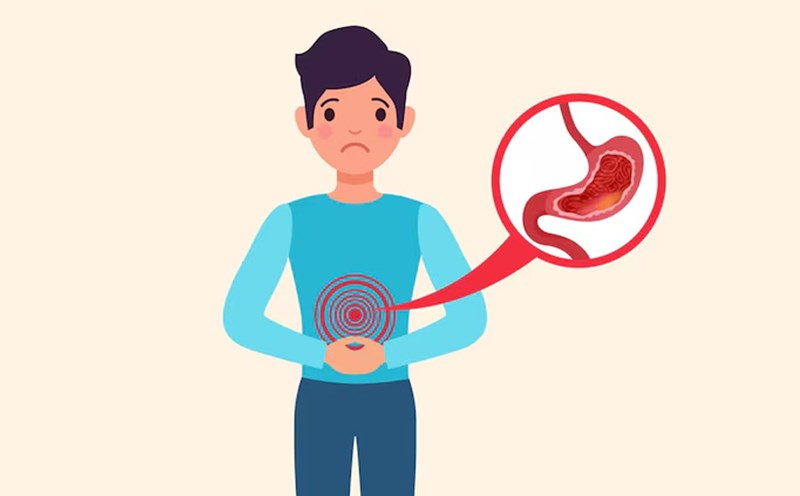What is intermittent fasting?
Intermittent fasting is a cyclical form of eating, alternating between periods of eating and fasting. Some popular methods include:
16/8: fast for 16 hours and eat for 8 hours a day
5:2: Eat normally for 5 days and significantly reduce calories in the remaining 2 days
OMAD: Eat only one meal a day
This method is not only known for its ability to lose weight but also for its positive effects on metabolism, blood sugar and hormones.
Benefits of intermittent fasting for the cardiovascular system
According to nutritionist Pooja Singh (ShardaCare, India) on Only my health, intermittent fasting can have some positive effects on the heart if done properly:
Weight loss, reduce the burden on the heart: Obesity is a leading risk factor for cardiovascular disease. Weight loss helps reduce blood pressure, bad cholesterol and improve heart health.
Improve insulin sensitivity: IF helps the body control blood sugar better, reducing the risk of type 2 diabetes - one of the causes of heart disease.
Reduces inflammation: Many studies have shown that IF can reduce markers of inflammation the underlying cause of atherosclerosis and cardiovascular problems.
Improve blood lipids: Nutritionist Pooja Singh said that IF can help reduce triglycerides, LDL (bad cholesterol) and increase HDL (good cholesterol), thereby helping to prevent heart disease.
Potential risks for the heart when fasting intermittently
Although IF has many benefits, if not done properly, it can have a negative impact on the heart, especially for people with underlying diseases.
Changes in stress hormones: Fasting can increase the hormone cortisol - if maintained for a long time, it can cause high blood pressure, rapid heart rate and damage the heart.
Electrolyte imbalance: Not getting enough water or minerals during prolonged fasting can cause electrolyte disorders, directly affecting your heart rate.
Nutritional deficiencies: If the eating time is too short and the menu is unreasonable, the body may lack vitamins and minerals necessary for heart health.
Impact on medication: Fasting can change the way the body absorbs medication, especially blood pressure, diabetes or cardiovascular drugs. This can lead to poor treatment effectiveness or cause serious side effects.
Who should be cautious when applying intermittent fasting?
IF regimens are not suitable or need to be closely monitored for people who:
Have a history of cardiovascular disease (stroke, myocardial infarction, arrhythmia...).
Having type 1 diabetes or taking insulin.
Low blood pressure.
Eating disorders.
Pregnant or breastfeeding women.
Elderly people or minors.











